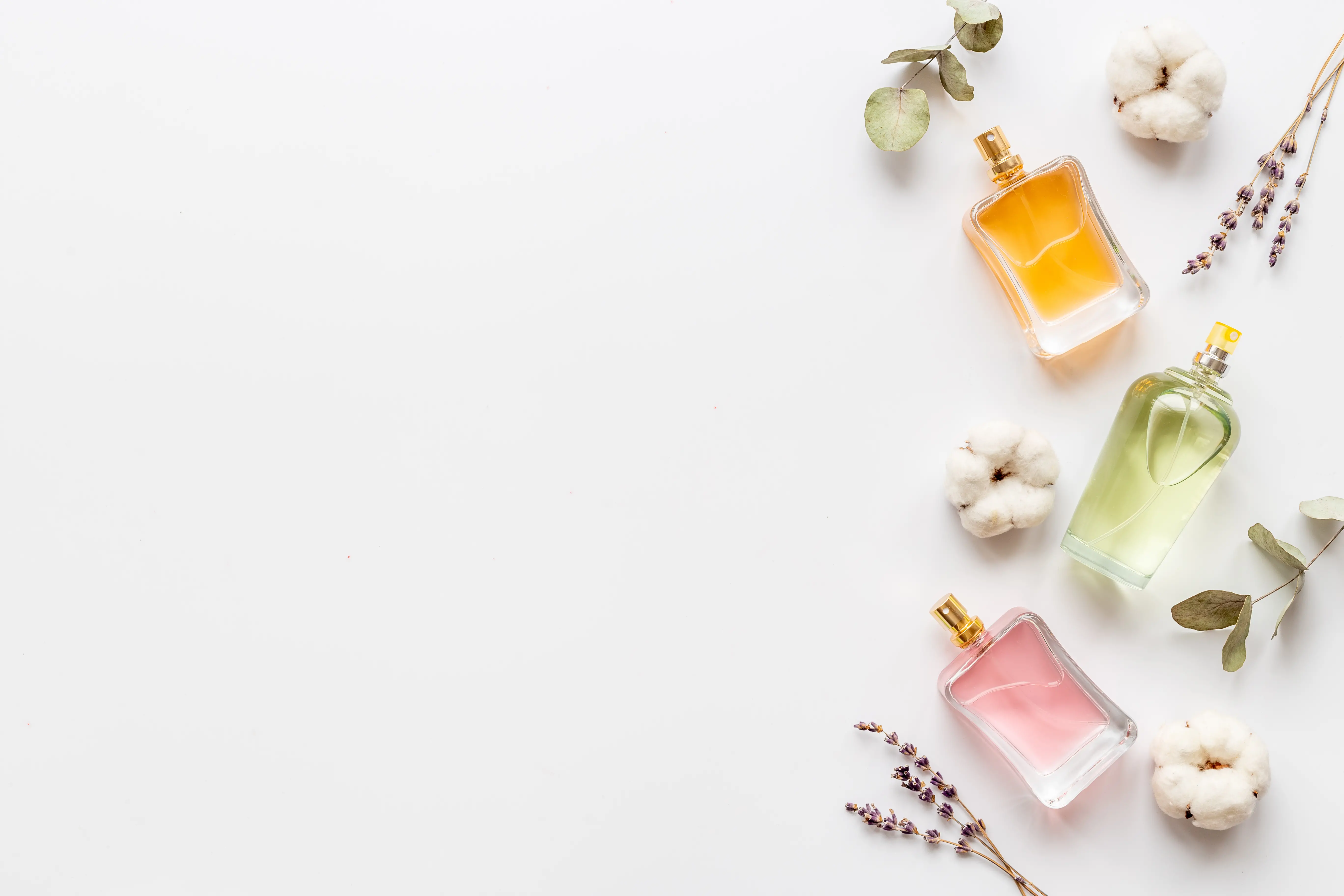The quest for a personal fragrance that captures the essence of who you are can be compared to a journey of olfactory self-discovery. Finding your signature scent isn't just about smelling good; it's also about making a statement and expressing your individuality. Here's a guide to navigating the aromatic aisles of perfumes that can lead you to that one fragrance that feels like it was made just for you.

Firstly, understanding the basics of perfume composition is crucial. Perfumes are predominantly made up of top, middle, and base notes. The top notes are the initial whiffs you get when you spray a fragrance, often composed of lighter, more volatile ingredients like citrus and herbs, which evaporate quickly. The middle notes, or heart notes, form the core of the perfume and are usually more mellow and rounded - think floral or spices. The base notes are the heavy hitters, providing depth and longevity to a fragrance with ingredients like musk, woods, or resins.
When embarking on your scent journey, consider starting with the classics. Perfumes that have stood the test of time are often well-balanced and can give you an idea of how complex a fragrance can be. From the powdery sophistication of Chanel No. 5 to the spicy allure of Shalimar by Guerlain, these timeless scents can serve as a reference point for exploring further.
Your personal taste plays an imperative role in finding your signature scent. Reflect on the smells you enjoy in nature and in life. Do you gravitate towards the zest of citrus fruits, the sweetness of vanilla, or the earthiness of fresh-cut grass? Your preferences outside of perfumery will often influence which fragrances you're drawn to.

To further your scent education, acquaint yourself with the fragrance families. The primary categories include floral, oriental, woody, and fresh, with each having subfamilies that delve into more specific olfactory experiences. For instance, within the floral family, you can find soliflores that focus on a single flower scent, like rose or jasmine. Recognizing which family speaks to you can significantly narrow down your search.
When testing perfumes, always take your time. It's easy to become overwhelmed by the numerous options available. Spray a small amount on your skin, as your body's chemistry will affect how the perfume evolves and merges with your natural scent. Refrain from trying too many fragrances at once, as your nose might become desensitized. Instead, visit the perfume counter with a clear mind and ample time. Using the blotter strips provided can also be helpful, but remember, they can't replicate how the scent will smell on your skin.
Don't be swayed by packaging, trends, or the popularity of a scent. While it's easy to be drawn in by a beautiful bottle or a fragrance that everyone is talking about, remember that your signature scent should resonate with you on a personal level. Take note of how a fragrance makes you feel. Does it bring a sense of comfort, boost your confidence, or evoke cherished memories? Your emotional reaction to a scent is just as important as how appealing it is to your sense of smell.

Consider the concentration levels of perfumes, which can affect both the potency and the price. Eau de parfum typically has a higher concentration of fragrance oils, making it last longer but also more intense. Eau de toilette is lighter and more suitable for everyday wear. Beyond these, there are colognes, body mists, and even solid perfumes, each offering different experiences in terms of longevity and sillage, which is the trail the scent leaves in the air.
Another factor to keep in mind is seasonality. Some scents work better in the heat of summer, offering a refreshing and invigorating vibe, while others are cozier, ideal for the cooler months. Consider having a seasonal rotation rather than a single signature scent, allowing you to express different facets of your personality throughout the year.
Your signature scent should also align with your lifestyle. If you're often in close contact with people or in small spaces, a subtle and understated fragrance might be preferable. On the other hand, if you frequent large open venues or enjoy making a bold statement, a stronger, more distinct scent could be your go-to.
Lastly, don't rush the process. Finding your signature scent is not something that can be done in a hurried afternoon. It's perfectly okay to wear and live with a fragrance for a while before determining if it's the one for you. Samples and travel-sized bottles are great for this purpose, giving you the chance to see how a scent performs throughout the day.
In the end, the fragrance you choose should be an extension of yourself – a scent that others will come to associate with you. Whether it's a bespoke blend or an off-the-shelf classic, your signature scent is out there waiting to be discovered. Happy scent hunting!
